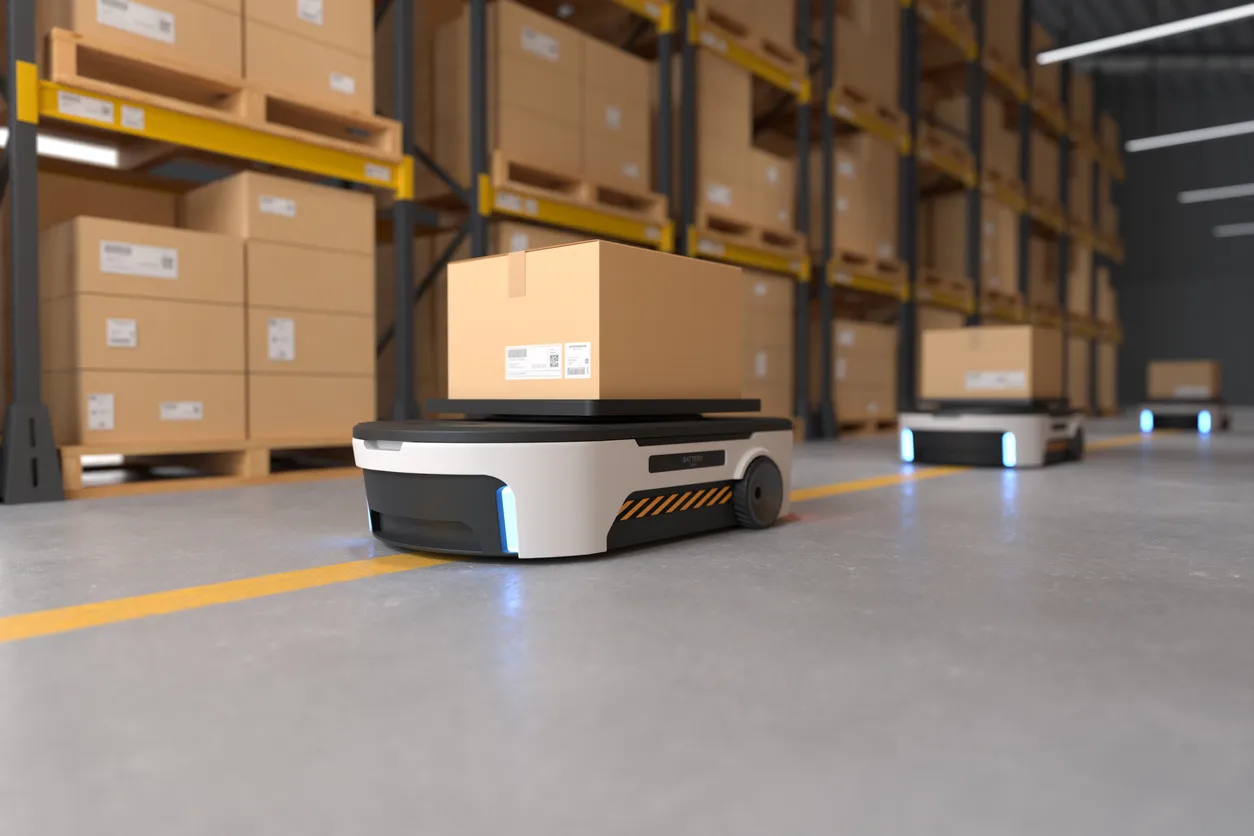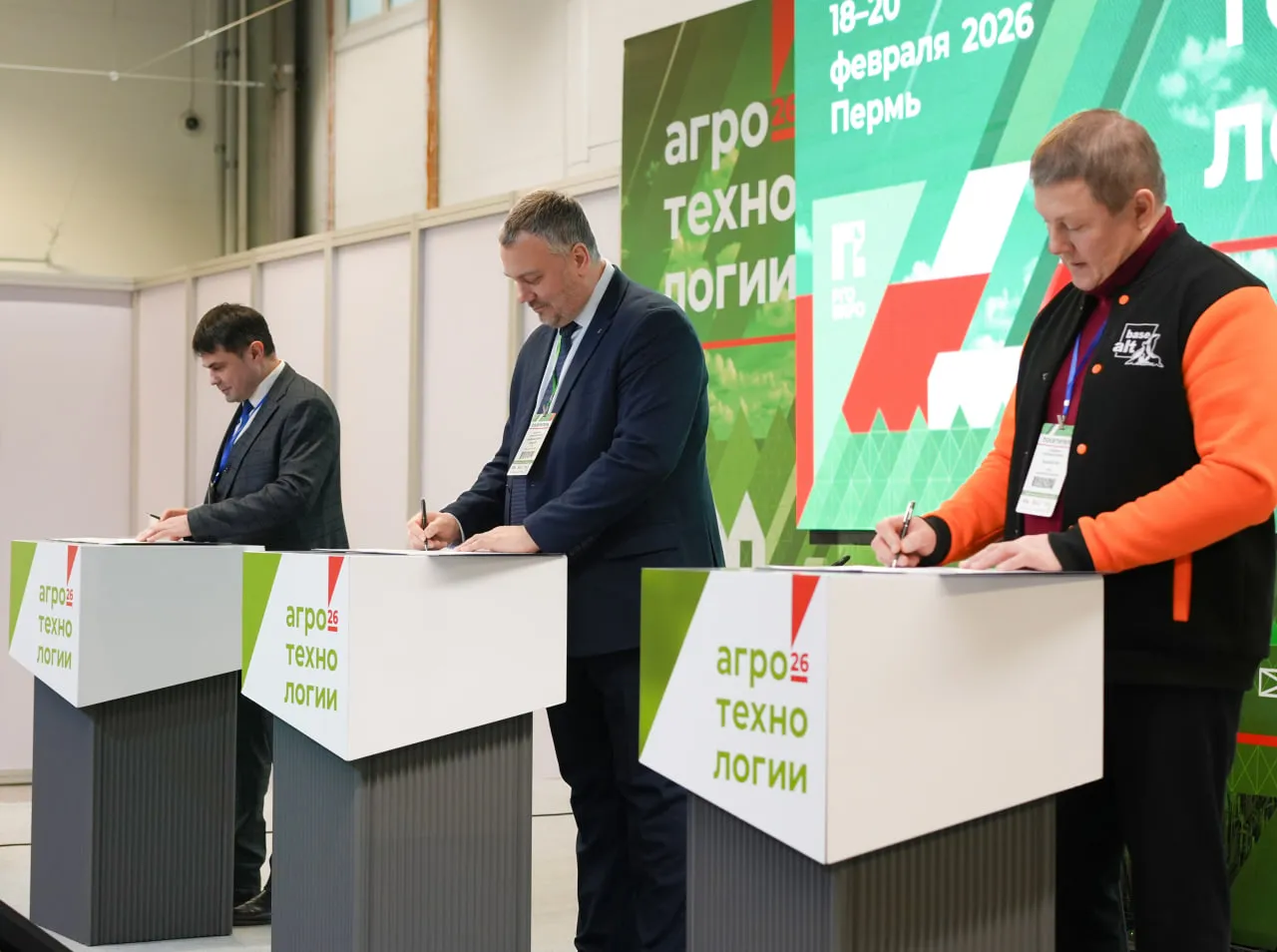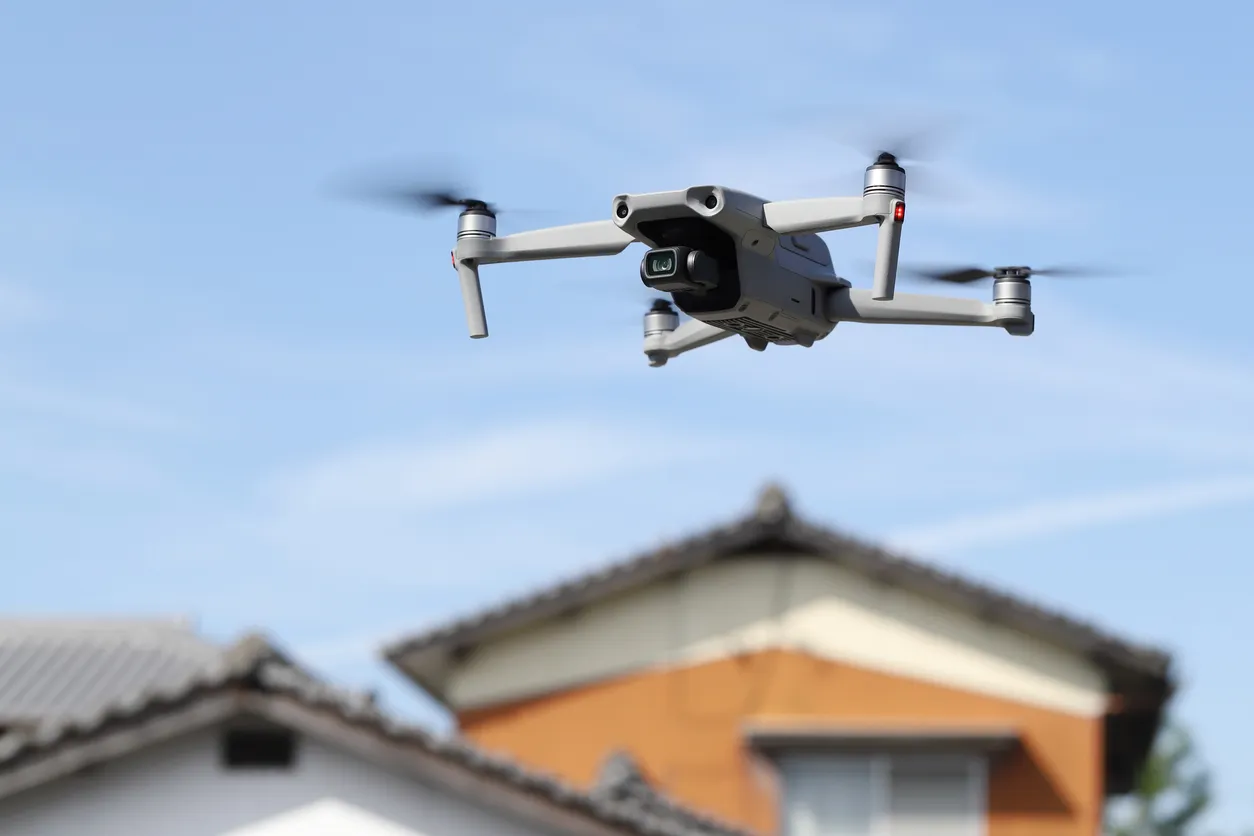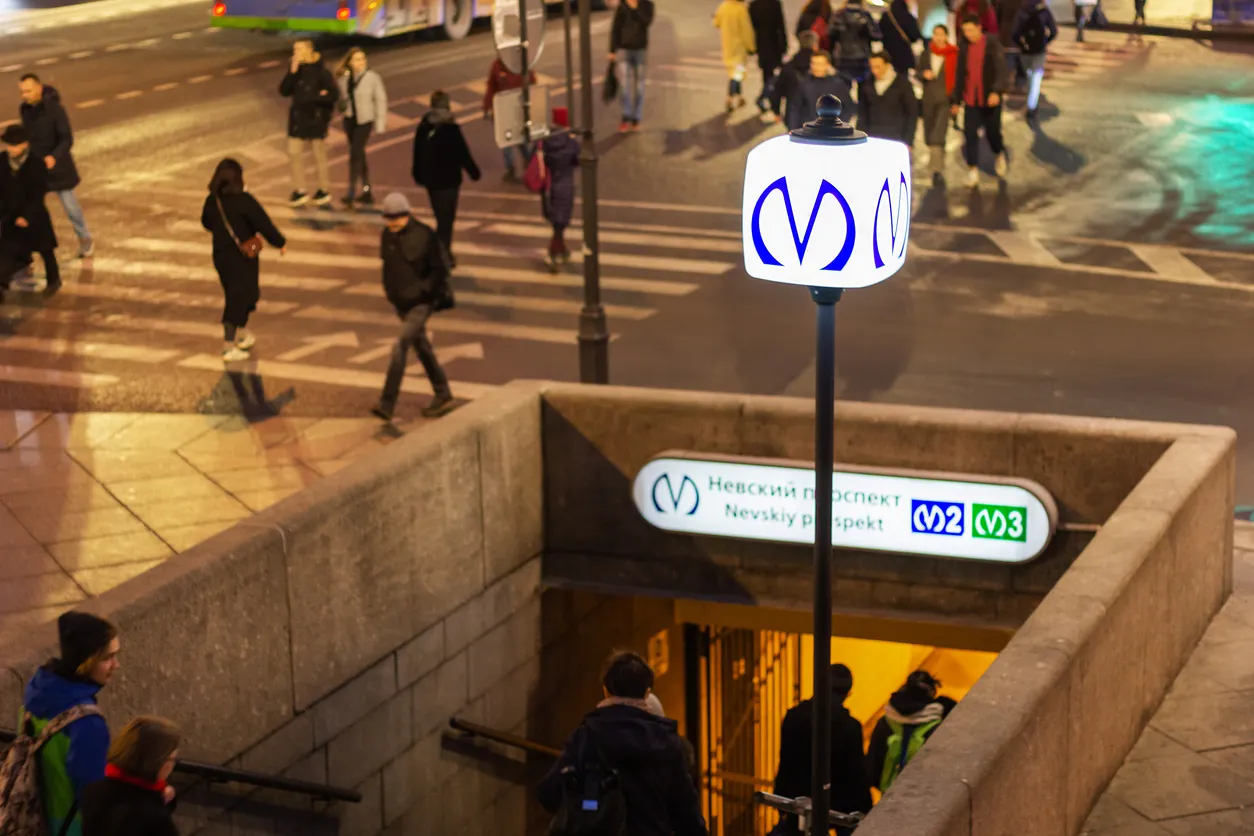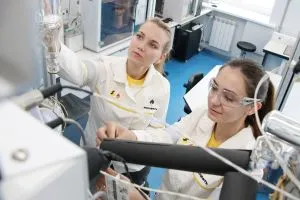Russia Advances Autonomous Freight with Cost-Cutting Electric Trucks
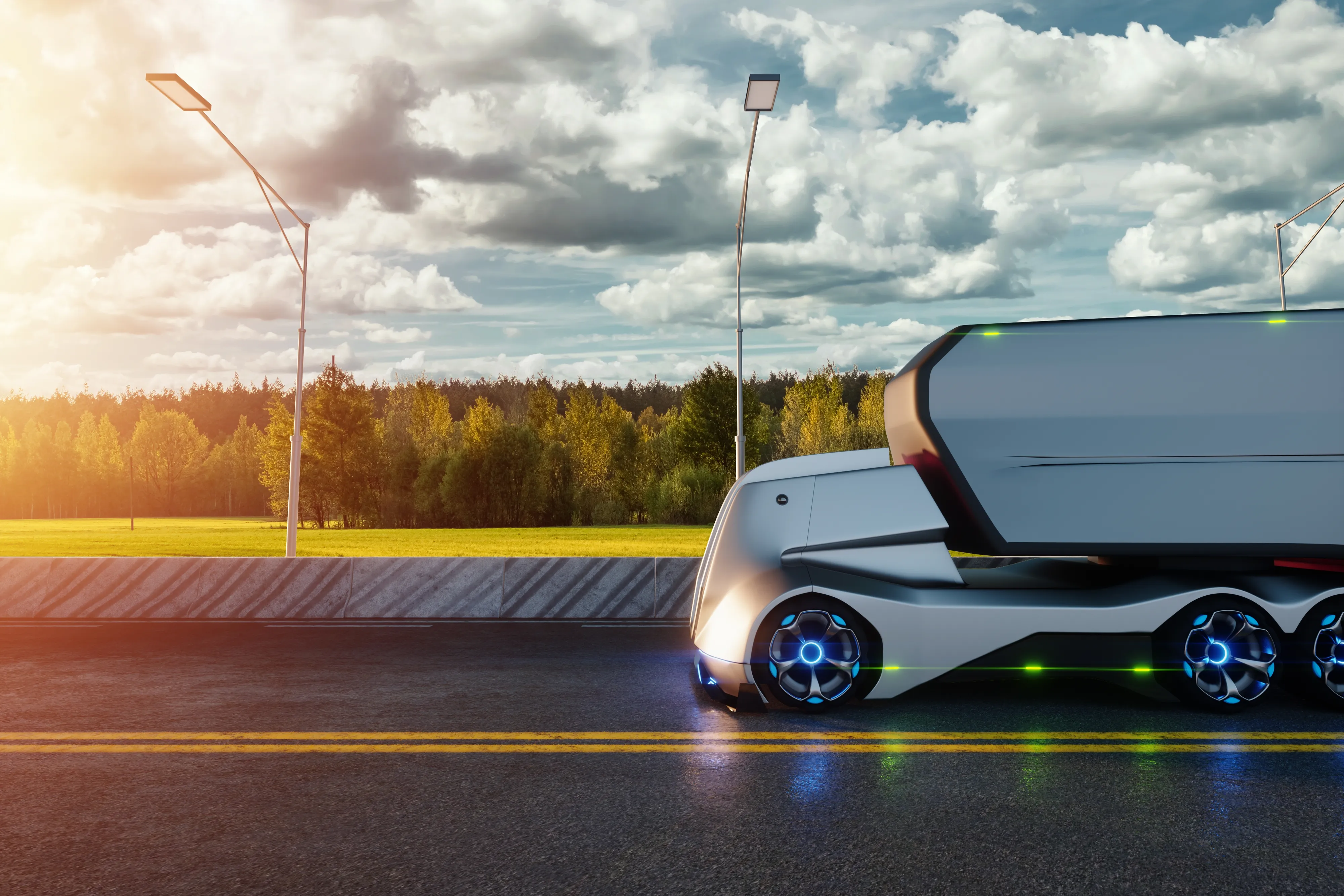
Major logistics firms are testing driverless trucks, reporting lower fuel costs and faster deliveries on routes like Moscow to St. Petersburg.
Russian logistics companies PEK and EvoCargo are embracing autonomous freight transport, citing early gains in fuel efficiency and delivery speed. The companies say that even partial deployment of self-driving trucks can cut fuel and maintenance costs by up to 15%.
The AI-driven systems optimize driving modes by adjusting speed according to weather, road conditions, and traffic, ensuring smarter energy consumption. Unlike human-operated diesel trucks, electric autonomous vehicles eliminate costs for cabin heating and other driver-related needs. For instance, delivering cargo over the 700-kilometer stretch between Moscow and St. Petersburg costs roughly 22,000 rubles in diesel—but only 14,000 rubles in electricity for a self-driving electric truck.
Driverless vehicles also extend operating hours, running up to 18 hours a day without breaks, compared to 12–14 hours for human-driven routes. That brings travel time down to 10 hours instead of the usual 12 to 14.
Experts agree that full-scale adoption hinges on a federal law that defines operator and manufacturer responsibilities, emergency protocols, risk assessment tools, and formal terminology. Currently, the working acronym is VATS—short for Highly Automated Transport System. Pilot programs are already underway in Russia.
Russia’s push into robotic freight delivery could serve as a model for other countries exploring autonomous logistics infrastructure.





